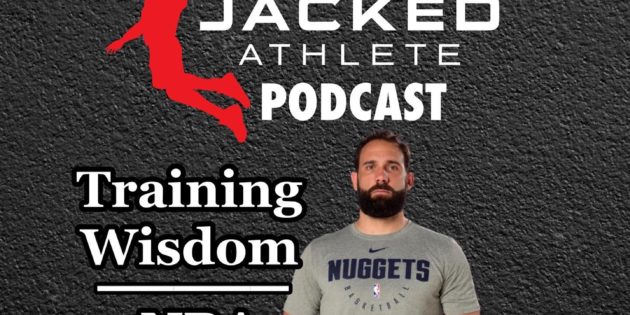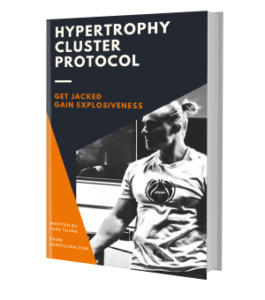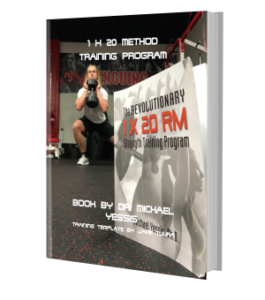“We forget that talent in the sport is still the most important characteristic for the development of the player.”
“We sometimes put the methods in front of the relationship… once you build a relationship with your players, then you can implement methods. It’s not the other way around.”
“They didn’t care. I cared too much… resentment builds out of that.”
“It took a lot of parallel learning… at the end of the day, you have to go through the struggle.”
“Have you tried to learn from the shitty situation?”
“At the end of the day, it might not be a good fit but you definitely learn something from it. So when that movie plays again, 5 years from now in your career, maybe there’s something you can do differently.”
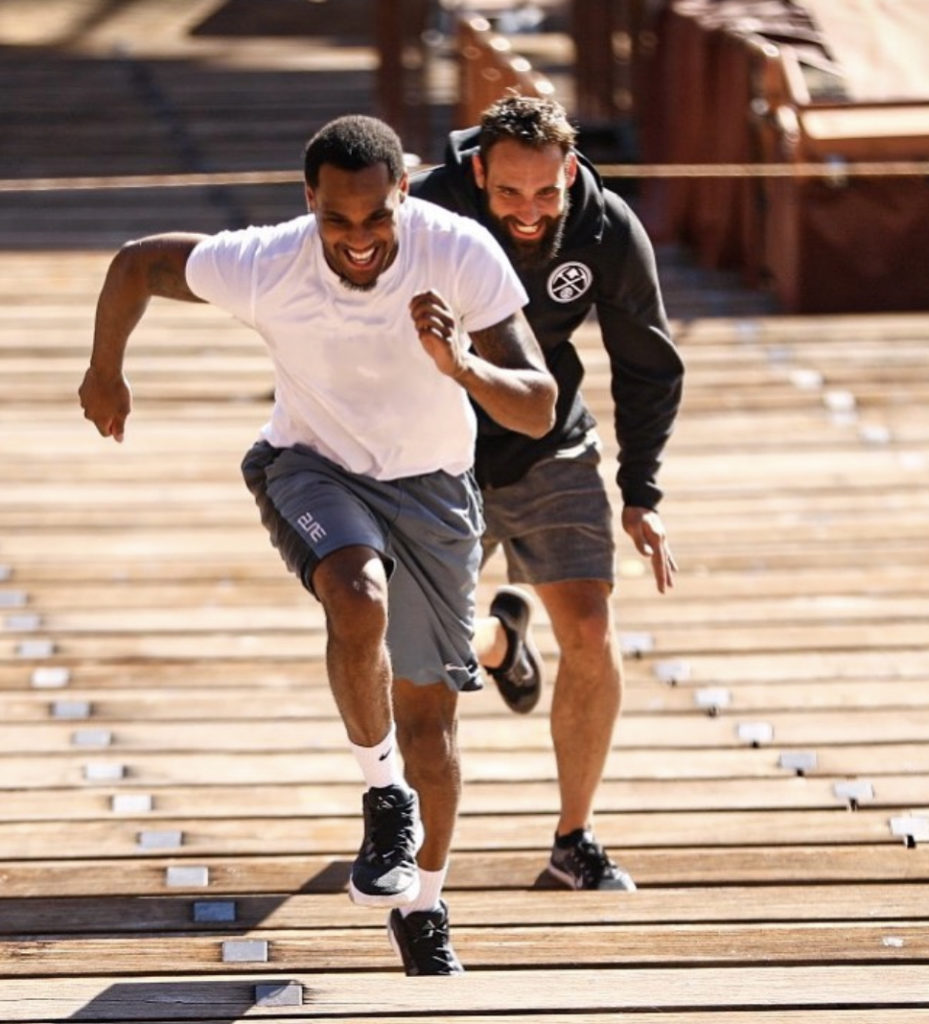
“Some of this stuff doesn’t really matter. We take everything we do so seriously.”
“What’s important? Is it really that bad that this kid ate a cheeseburger or a breakfast sandwich from McDonald’s.”
“Your athletes need what you have to offer but they don’t necessarily know that they need that… they think I don’t need to be in the weightroom, I can still drop 20 a night.”
“Why are we changing our behavior based on levels of importance… it’s just how we are wired as humans.”
“Try to treat everybody fairly but not equal.”
“Don’t coach them or coach at them, coach with them.”
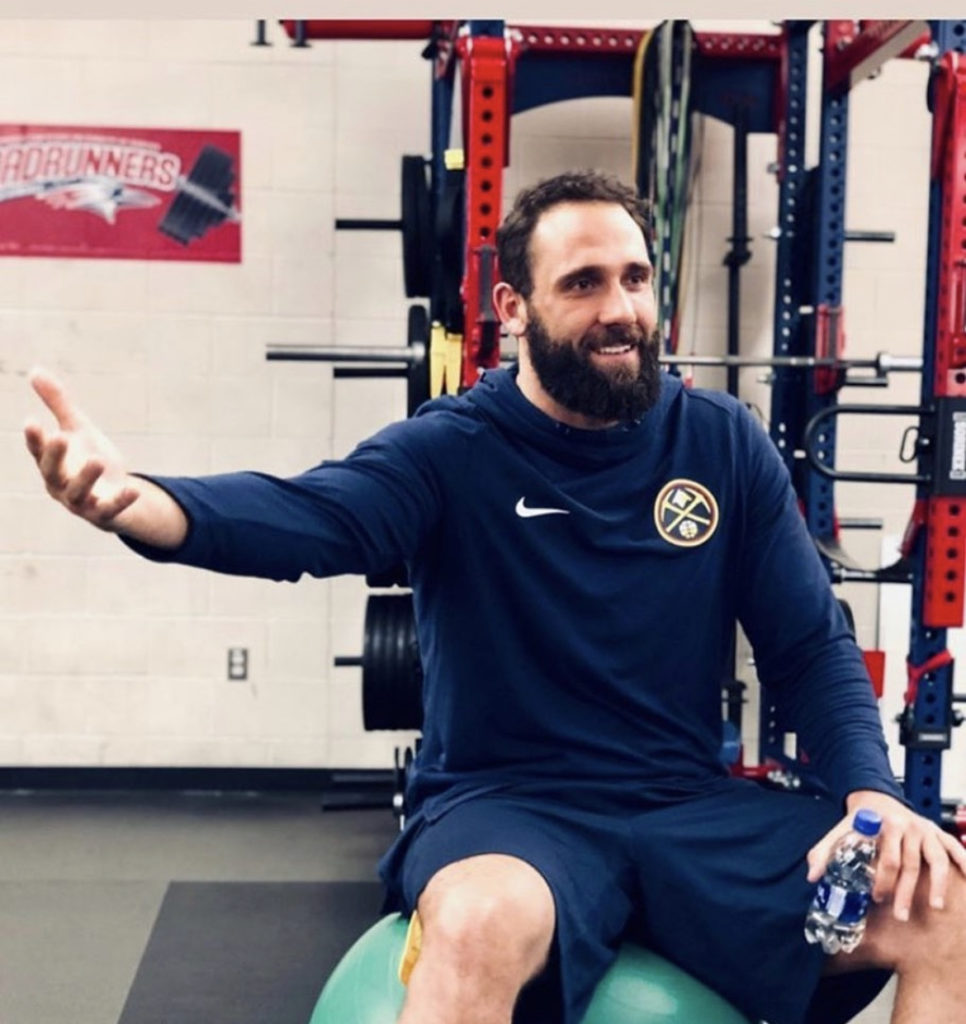
Morphing as a coach: “It took a lot of introspective learning about myself, who I was as a person.”
“For every offense, there’s a defense… if athletes are not listening, maybe you have to change your delivery or your approach. That’s your defense to their offense.”
“A coach is someone that has a lot of life experience.”
“Guess what you have in common with your athletes? Life experiences.”
“You become a coach because of those experiences so why ignore them completely?… experience here goes way more than just practical knowledge from the field itself.”
“I think there’s an arrogance that every strength coach has early in their career where you think you know better.”
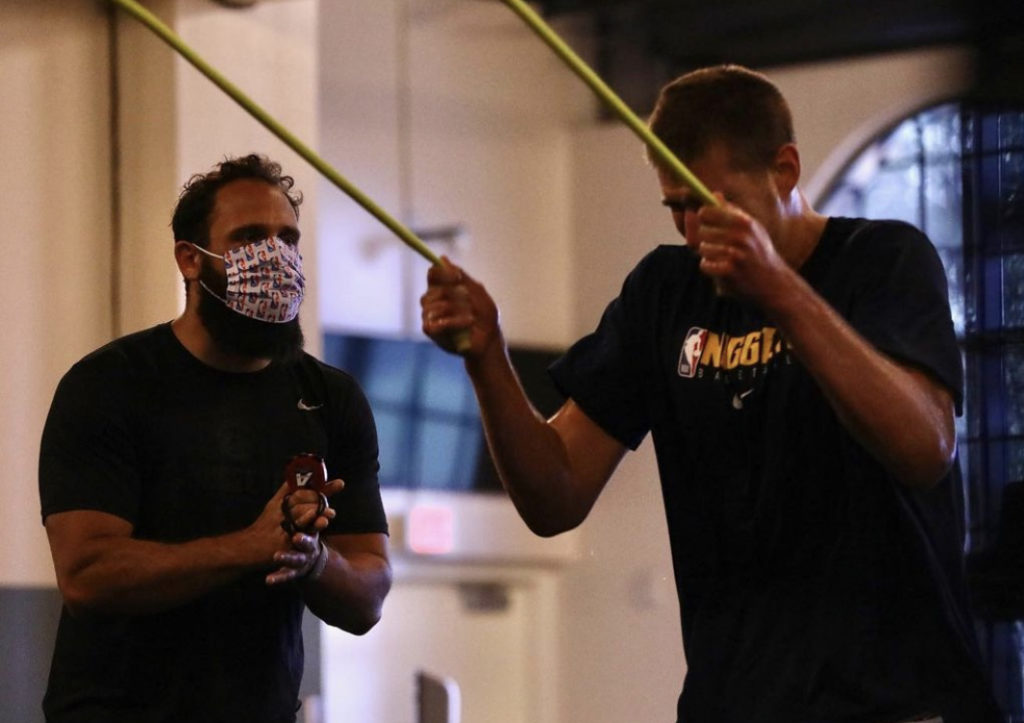
“What makes me happy is not what methods I use with my players. What makes me happy is just interacting with them.”
“Who is to say that the athlete isn’t really into that… so you just gotta be there to coach with him.”
“If you want to do dumb stuff that makes you feel good and you think that’s gonna help you drop 20 tomorrow, by all means, let’s do it [if it’s safe].”
“If they like to feel beefy up top then let’s do some beefy up top, who cares?”
“Technically a rookie going into the NBA played basically three seasons of college basketball in one NBA season… so is it really about the method or understanding about the load that they go through?”
Skeleton for training players
Three groups:
- High minute players (regeneration and staying active)
- Stay ready guys (some sort of simulated conditioning)
- Development guys (trying to build on something)
“Someone will complain, don’t let that get to you… if you got 15 guys and 11 of them are complaining, then maybe you misread that activity.”
“You’re there to help them. You’re not there to impose your will as a strength coach into your athletes. You walk with them.”
“For 25 minutes, you have that athlete in the weightroom with you, make them feel good about it.”
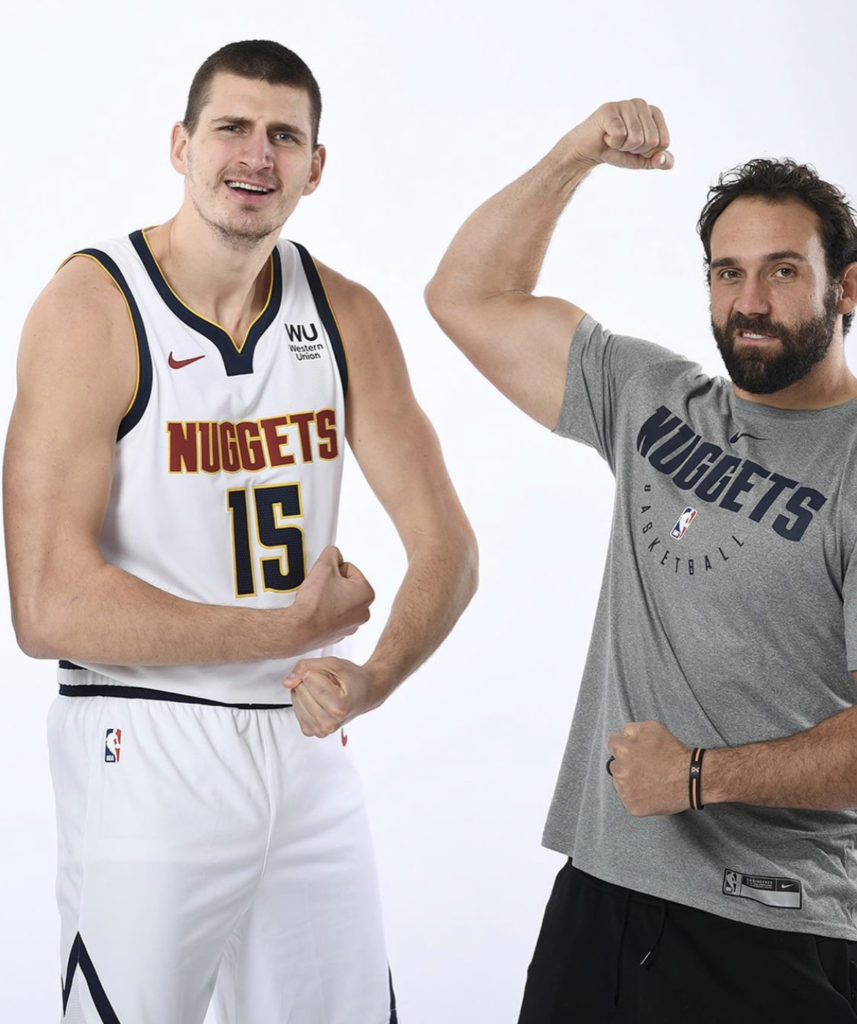
“If your intervention in that session isn’t positive, A) he/she might not come back and B) you’re wasting time. It’s a double negative.”
“At the end of the day, if players don’t like you, you’re screwed.”
“It’s so trivial but we forget
“Is that person coming into the entry level position a good person, are the athletes going to enjoy being around that person? Those two things are way more important than what you know about programming.”
“Place importance in knowledge but also place importance in your social interactions with the people around you.”
“No matter what you do, people will always complain.”
“Coach in the NBA where you’re currently at.”
“Make the current job you have, the job you want.”
“You’re telling me that I have to treat him [high school athlete that doesn’t want to train] like he was a multimillionaire athlete? Actually, yeah. That’s exactly what I’m saying.”
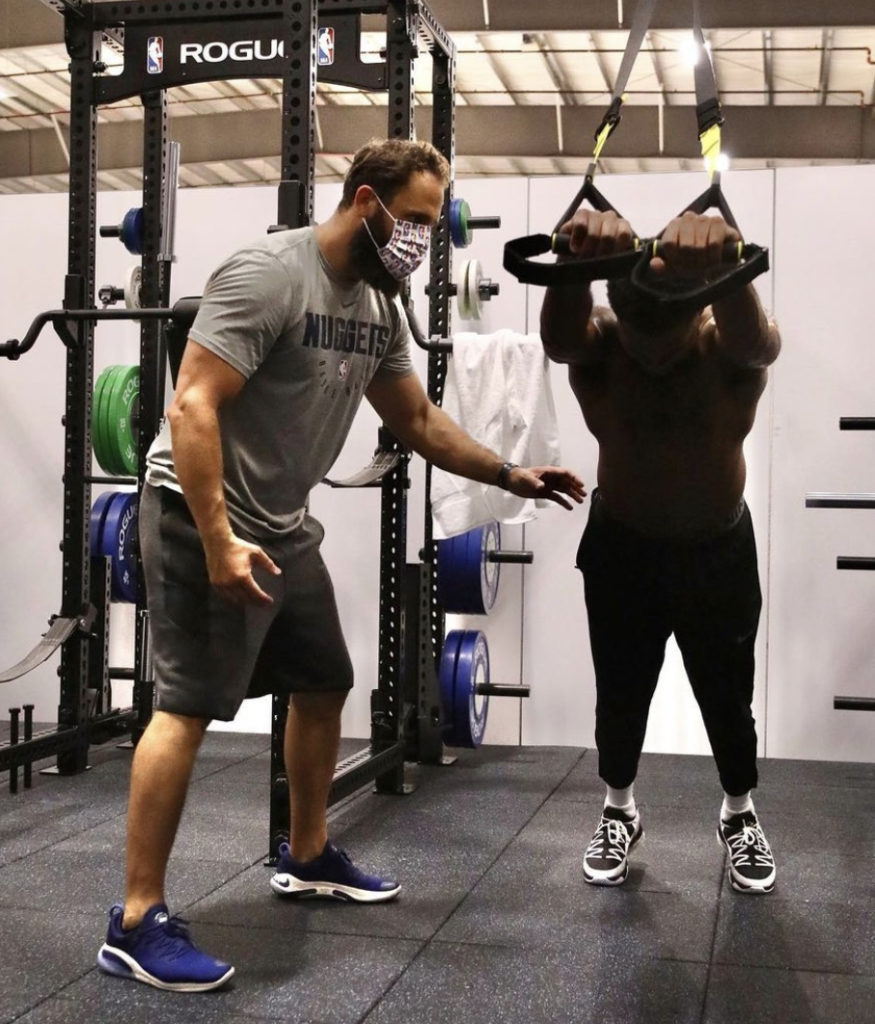
“If you’re not training the people currently the way you would treat or train an NBA athlete, maybe you’re in for the wrong reasons.”
“Everybody likes to be right…so make that player that day that called you out, make him feel right [if he’s right].”
“They respect real.”
“It’s a mesh between experience and introspection of how you think it went, how you think your athletes felt.”
“There’s not black and white in our profession… living in the grey is very subjective.”
“Psychology is very similar to strength and conditioning… hopefully that psychologist gave them tools to work on themselves and that gave them a better person.”
“Have a pursuit for knowledge.”
“Understand how athletes operate as humans.”
“Study how to mesh the two worlds.”
